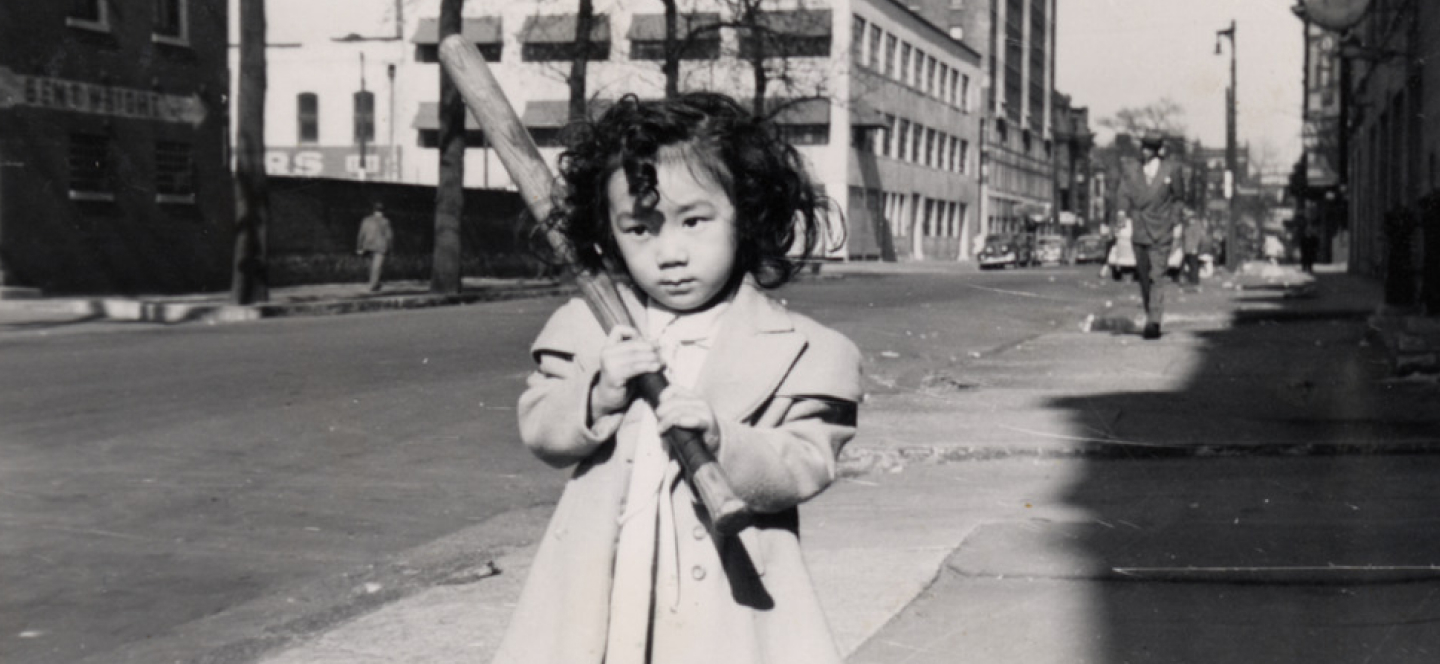All Posts
View Other Categories
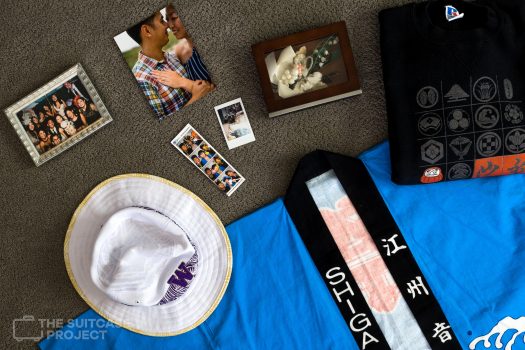
The Suitcase Project: What would YOU bring?
If Japanese American/Canadian incarceration happened today, what would you bring with you? That’s the question at the heart of Kayla Isomura’s new Suitcase Project. This year she has been photographing…
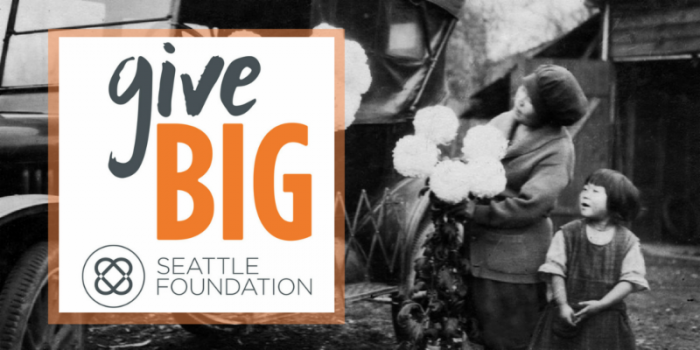
Give BIG to Densho on May 9th
Do you love the stories we share at Densho? Use our digital archives and educational materials? Appreciate the insightful analysis, on-the-ground advocacy, and fire clapbacks we deliver online and IRL?…
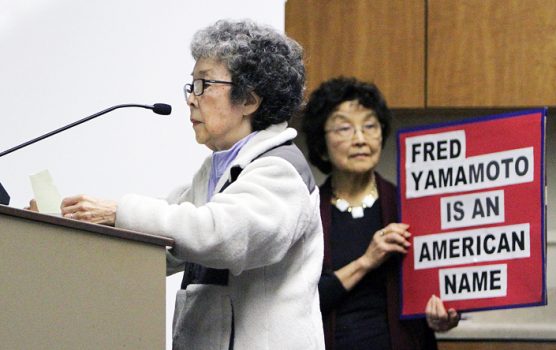
Yamamoto is an American Name Too
A middle school renaming process in Palo Alto, California has kicked up some of the same xenophobic dust that clouded public understandings about Japanese American complicity in the attack on…
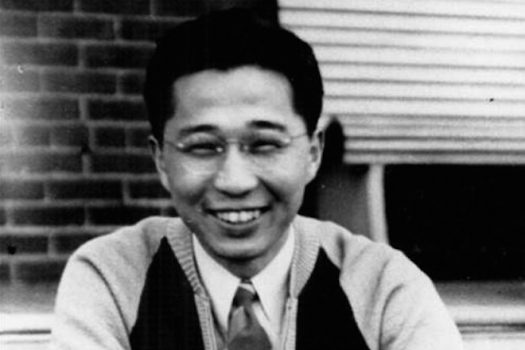
Happy 100th Birthday, Gordon Hirabayashi!
April 23, 2018 marks what would have been Gordon Hirabayashi’s 100th birthday. As a young man, Gordon learned the hard way that without a vigilant and engaged citizenry, our Constitution…
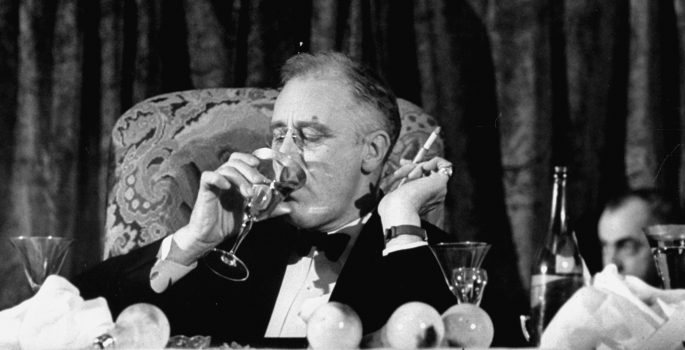
An Open Letter to the Incarceration Apologists in Our Comment Section
First of all, thank you for taking time out of your busy schedule of being triggered by other people’s gender pronouns, asking women what they were wearing, and trying to…
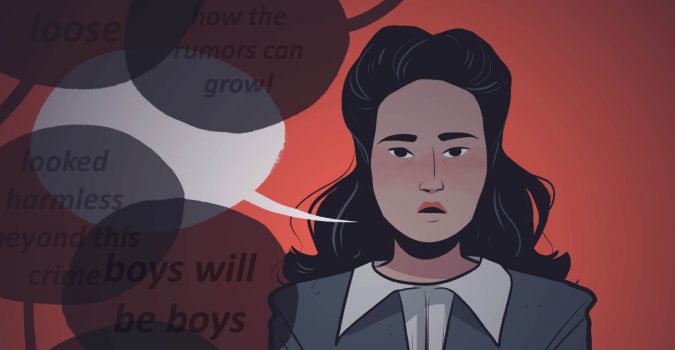
Sexual Violence, Silence, and Japanese American Incarceration
In recent months, an outpouring of stories of sexual harassment, abuse, and assault has sparked long overdue conversations around the prevalence of sexual violence and the policies, attitudes, and silences…
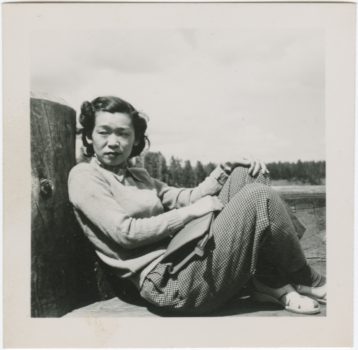
Wordsmith and Renaissance Woman Guyo Tajiri
In honor of National Women’s History Month we are excited to introduce the Guyo Tajiri Collection, new to the Densho Digital Repository. Guyo Tajiri was a journalist and writer at…

What We Can All Learn from One Family’s Century of Solidarity
Michael Ishii is a New York based activist and organizer whose deep ties to interracial solidarity began decades before he was even born. In remarks made to a crowd gathered…
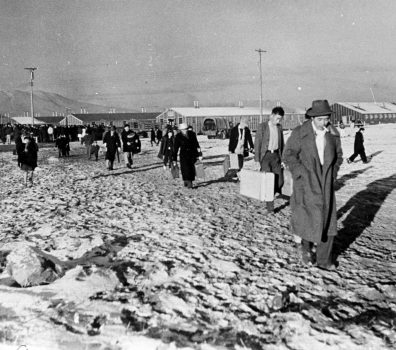
10 Things You Probably Didn’t Know About the “Loyalty Questionnaire”
Seventy-five years ago this week, Japanese Americans in War Relocation Authority (WRA) concentration camps were being asked to fill out the notorious “loyalty questionnaire.” After throwing them into these camps…
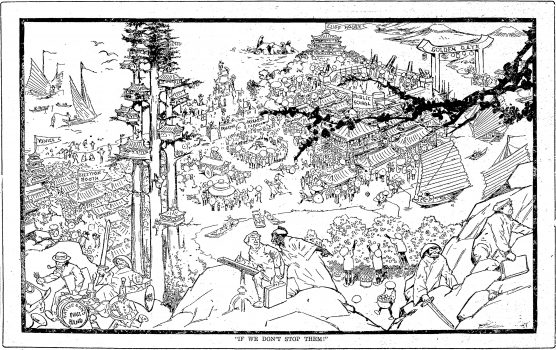
The Last Alien Land Law
Most of the discriminatory laws passed during the early 20th century to discourage Japanese immigrants from settling permanently in the United States have been repealed—but did you know that there…
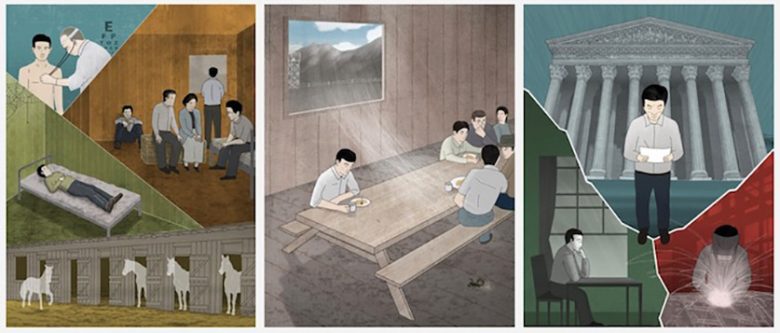
The Fred Korematsu Story for Young Readers
January 30th is Fred Korematsu Day! Here in California, we’ve been celebrating it since 2011, and now it has been adopted in several other states (shout-out to New York where…
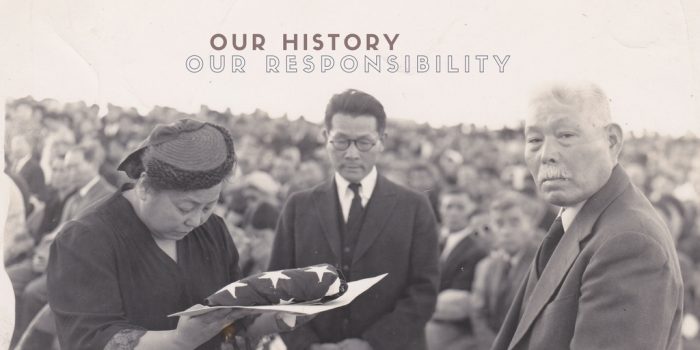
Day of Remembrance 2018: Our History, Our Responsibility
Join us this February 19th for a Day of Remembrance event to honor Japanese Americans of World War II and stand in solidarity with American Muslims today. During World War II,120,000…
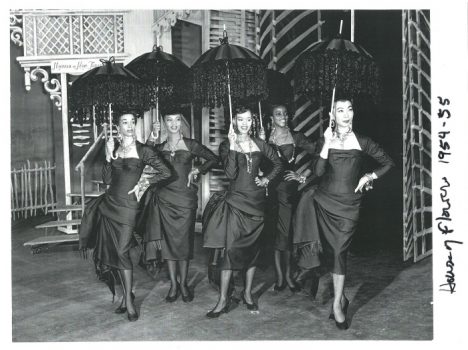
Mary Mon Toy and the Nisei Entertainers Who Became “Chinese” During World War II
Mary Mon Toy (1916-2009) was many things. Singer, showgirl, Broadway performer, activist, thespian. The New York City based actress is best remembered for her break-out role as Minnie Ho in The…
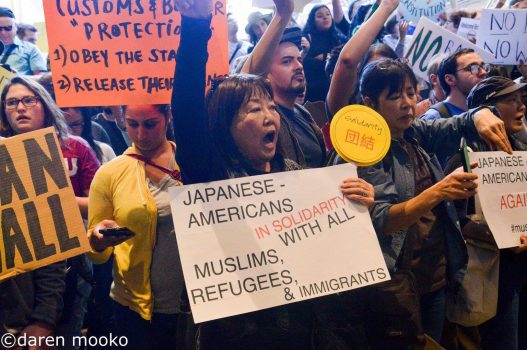
8 Times Japanese Americans Really Weren’t Having It In 2017
Let’s face it, 2017 has been a real kick in the teeth for woke folks everywhere. Whether you’re suffering from bad news blues or worn out from the seemingly endless…
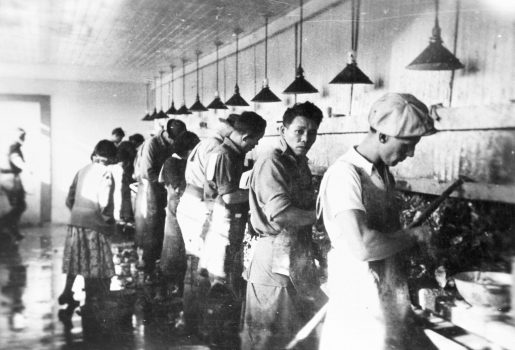
Ship Jumpers, Border Crossers, and Other “Illegal” Issei Immigrants
Here at Densho, we often draw parallels between the forced removal and subsequent incarceration of Japanese Americans from the West Coast and the treatment of marginalized groups today. Sadly, the…
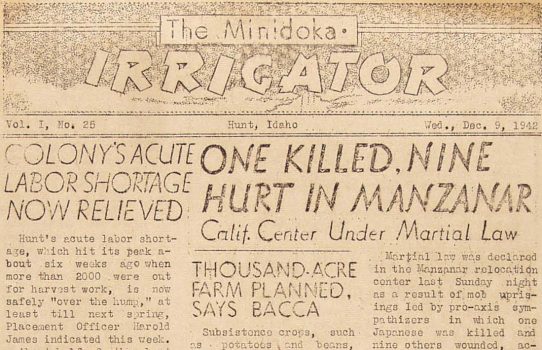
Remembering the Manzanar Riot
December 6, 2017 marks the 75th anniversary of the best known instance of mass unrest in the one of the WWII concentration camps. The Manzanar Riot, as it was called,…
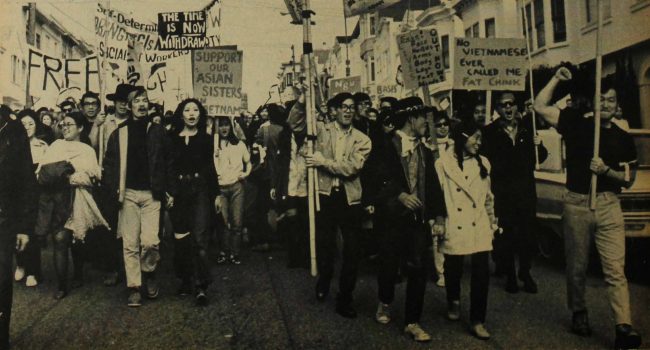
In the Belly of the Monster: Asian American Opposition to the Vietnam War
The Vietnam War, which officially commenced on November 1, 1955 and lasted for nearly twenty years, cost the lives of over 58,000 Americans and more than 3 million Vietnamese, Cambodian,…
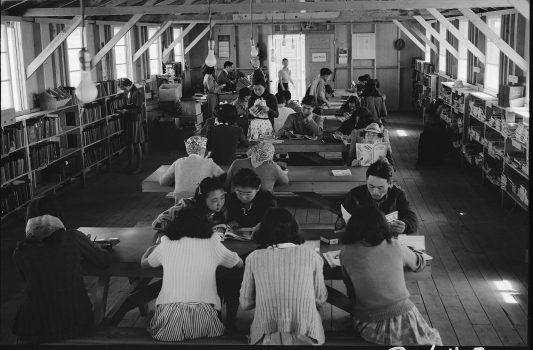
Twelve Novels by Japanese American Authors Centered on WWII Incarceration
When we think about literary works that incorporate the wartime incarceration of Japanese Americans, most of us probably think of either one of the bestsellers by non-Japanese authors (e.g. Snow…
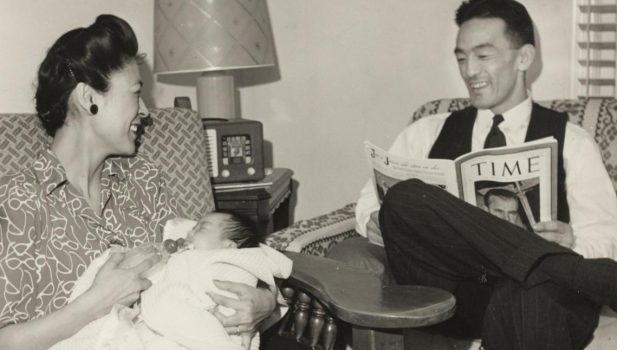
Photo Essay: Hikaru Iwasaki’s Sunny Views of Resettlement Americana
While the photographs of Ansel Adams and Dorothea Lange have helped shape visual understandings of World War II incarceration, there are many lesser known photographers who documented the Japanese American…
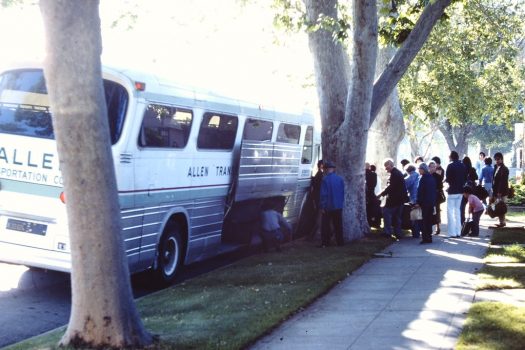
Tule Lake Pilgrimage, 1974
In this American Archives Month guest post, Densho Digital Archivist Caitlin Oiye Coon looks at a recently published collection of photos by Gerald Kajitani. The photos document the second pilgrimage…
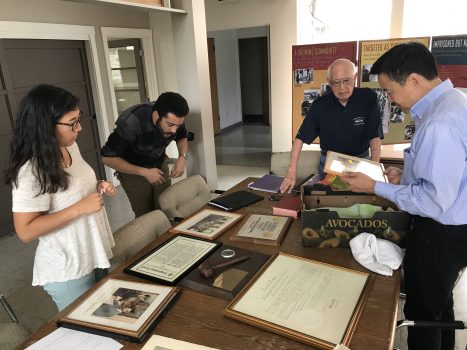
This is What We Talk About When We Talk About Community Archives
Stereotypes of archivists as bespectacled introverts navigating unending caverns of file cabinets and stacks are largely exaggerated. But it’s true that, as a lot, we generally enjoy our quiet time…
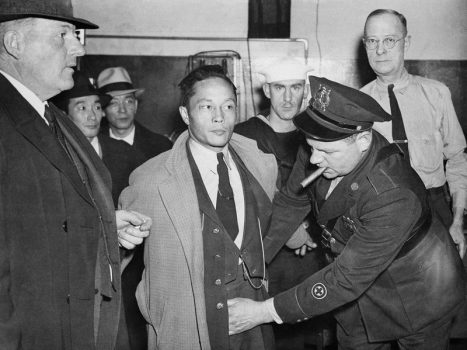
Of Spies and G-Men: How the U.S. Government Turned Japanese Americans into Enemies of the State
On December 7, 1941, Sumi Okamoto, then 21, was busy getting ready for her wedding. Oblivious to the reports of bombs falling on faraway Pearl Harbor, Sumi put on her…
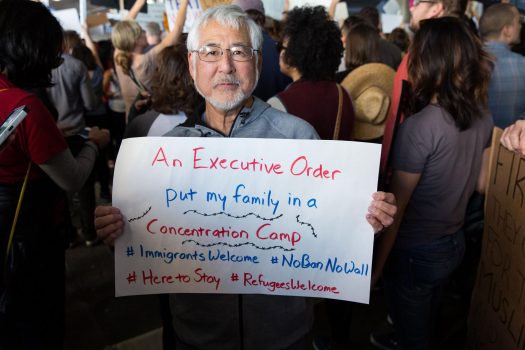
The Muslim Ban Is Racial Profiling—And We’ve Seen It Before
On October 10, the Supreme Court will hear two cases contesting President Trump’s Executive Order 13780, which threatens to ban travel to the U.S. from six Muslim-majority countries and halt…
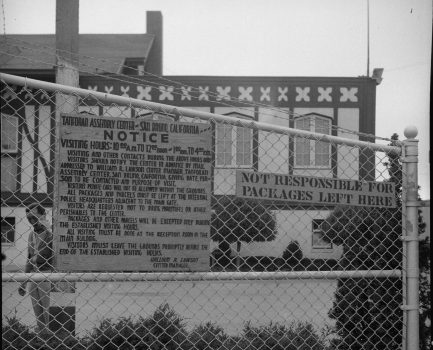
So How Many Assembly Centers Were There Anyway?
Relative to what we know about the concentration camps run by the War Relocation Authority (WRA), we know little about their predecessors, the so-called “assembly centers” run by the Wartime…
